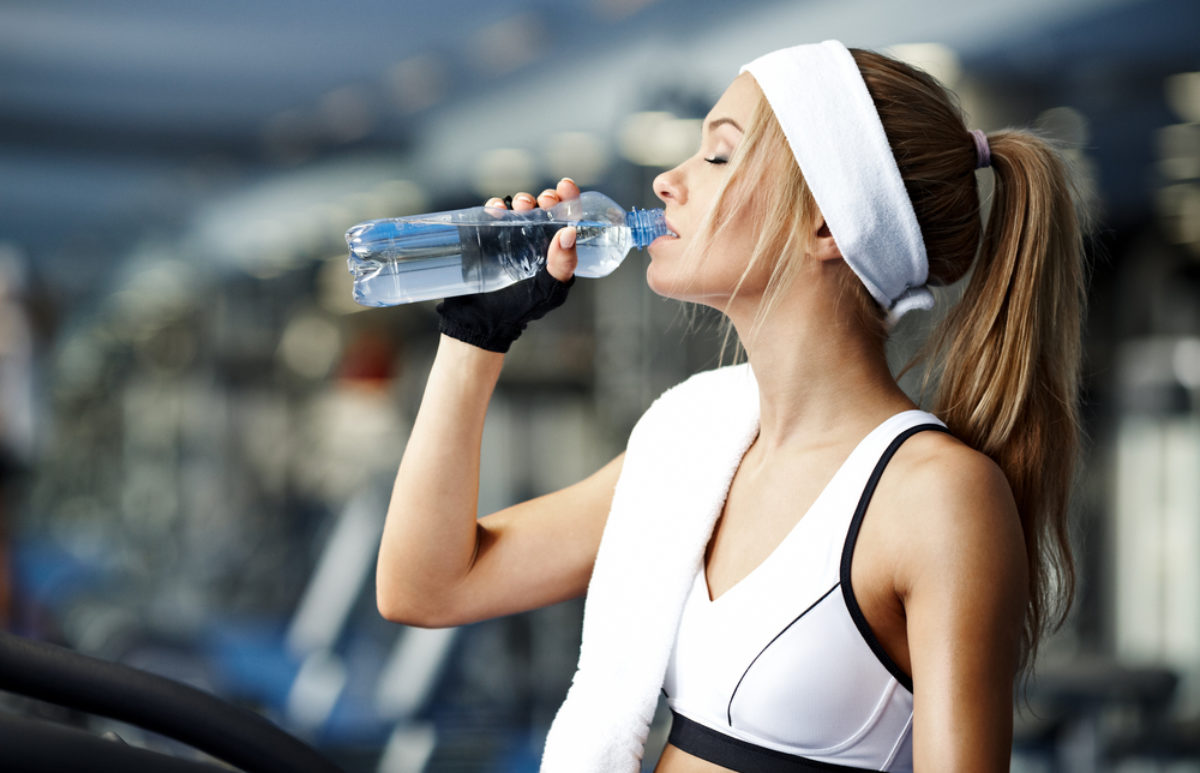
Water is more than just a thirst quencher—it's a critical component of athletic performance, endurance, and recovery. Proper hydration plays a major role in regulating body temperature, transporting nutrients, and maintaining muscle function. Whether you're an elite athlete or a weekend warrior, staying hydrated is key to performing at your best and avoiding setbacks like cramps, dizziness, and fatigue.
Why Hydration Matters in Fitness
When you work out, your body loses water and electrolytes through sweat. Even a small drop in hydration levels (as little as 2% of body weight) can reduce performance, focus, and stamina. Hydration supports:
- Muscle contraction and strength
- Energy production and nutrient delivery
- Joint lubrication and flexibility
- Thermoregulation (body temperature control)
- Brain function and concentration
- Recovery and waste removal
Signs of Dehydration
- Thirst or dry mouth
- Fatigue or dizziness
- Headache
- Dark yellow urine
- Rapid heartbeat or shortness of breath
- Muscle cramps
Mild dehydration can quickly lead to impaired athletic performance, while severe dehydration can result in heatstroke and hospitalization.
Hydration Before Exercise
Start your workout well-hydrated to avoid early fatigue.
- Drink about 500–600 ml (17–20 oz) of water 2–3 hours before exercise
- Sip another 200–300 ml (7–10 oz) 15–30 minutes before starting
- Avoid alcohol or high-sugar drinks before training—they can dehydrate you
If you're training in the morning, start your day with water to replenish fluids lost overnight.
Hydration During Exercise
Your needs depend on workout length, intensity, and environment.
- Short workouts (<60 mins): Water is usually sufficient
- Long workouts or in hot conditions: Add electrolytes to prevent cramping and fatigue
- Sip 100–200 ml (3–7 oz) every 15–20 minutes
- Avoid gulping large amounts at once—it can cause discomfort
Hydration After Exercise
Post-exercise hydration helps with muscle recovery, energy restoration, and reducing soreness.
- For every 0.5 kg (1 lb) lost during exercise, drink about 500–700 ml (16–24 oz) of water
- Include electrolytes and a balanced meal or snack with sodium and potassium
- Coconut water, electrolyte powders, or sports drinks can help after intense sessions
Role of Electrolytes
Electrolytes like sodium, potassium, magnesium, and calcium regulate muscle function and hydration balance. They’re especially important during long, sweaty sessions.
Sources of electrolytes include:
- Sports drinks (in moderation)
- Bananas, oranges, leafy greens
- Coconut water
- Electrolyte tablets or powders
Best Hydration Options
- Water: Always the go-to for everyday hydration
- Electrolyte-enhanced water: Great for post-exercise or long training
- Coconut water: Natural source of potassium and magnesium
- Sports drinks: Effective for high-intensity or endurance athletes but avoid sugar-heavy options
- Infused water (with lemon, cucumber, mint): Adds flavor and nutrients
Special Considerations
1. Hot & Humid Conditions: Increase your fluid and electrolyte intake to offset greater sweat loss
2. Cold Weather: You may not feel as thirsty but hydration is still crucial
3. High Altitude: Increases breathing and fluid loss—hydrate more than usual
4. Indoor Training: Sweat can evaporate quickly without you noticing—monitor intake
Tips to Stay Hydrated Throughout the Day
- Carry a refillable water bottle
- Set reminders or use hydration-tracking apps
- Drink a glass of water with every meal and snack
- Choose water-rich foods like fruits, vegetables, and soups
- Check urine color—light yellow means well hydrated
Final Thoughts
Hydration is one of the simplest yet most effective ways to boost performance, protect your health, and speed up recovery. Don’t wait until you’re thirsty—by then, you’re already behind. Build hydration into your daily habits and workout routines, and your body will thank you with better endurance, strength, and resilience.